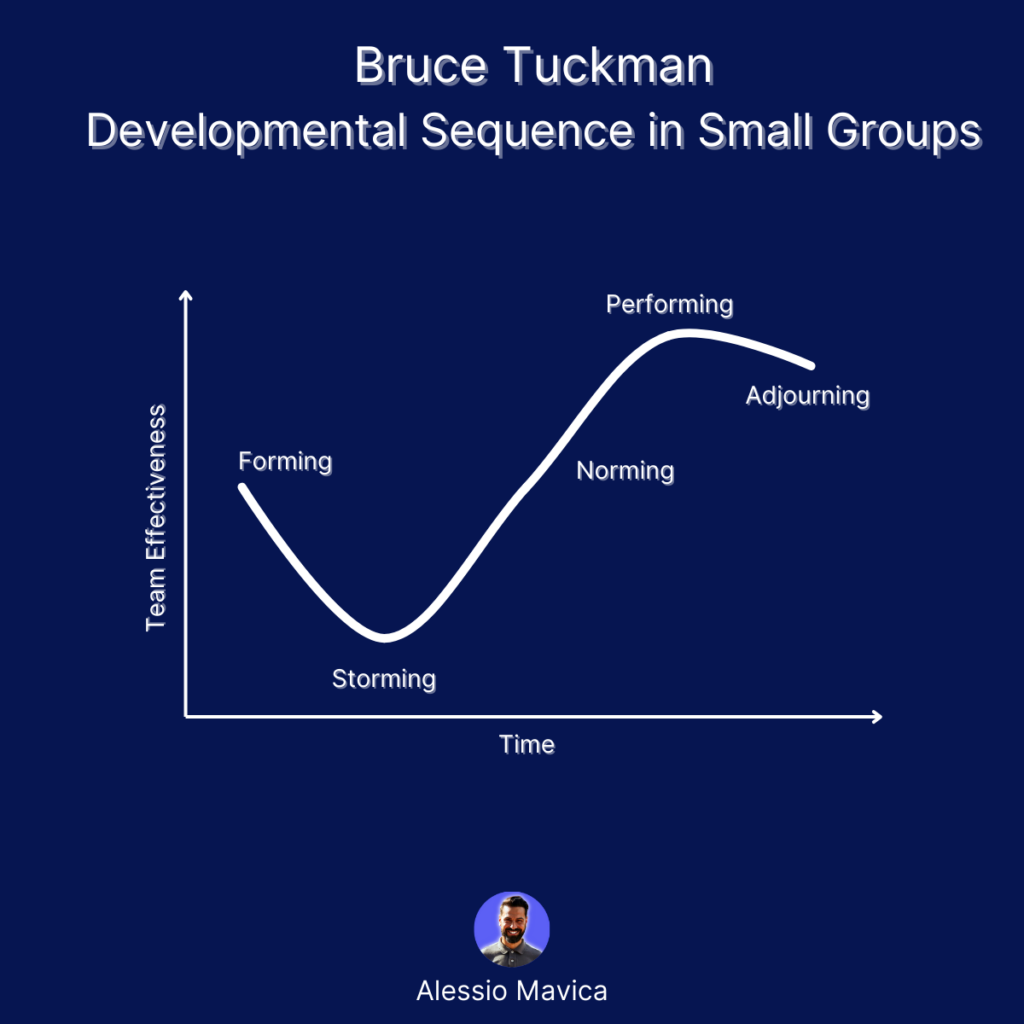Effective Project Management for Software Agencies
Introduction: Navigating Project Management in Software Development
Managing projects in software agencies is no small feat. It’s a world where juggling timelines, resources, and client expectations can often feel like a high-wire act. Yet, mastering this balancing act is crucial for success. Effective project management ensures that software projects are delivered on time, within budget, and to the client’s satisfaction. So, how do you achieve this? Let’s dive into the nuances of project management specifically tailored for software agencies.

Understanding the Role of Project Managers
Key Responsibilities and Skills
Project managers in software development are akin to conductors of an orchestra. They need to harmonize various elements—team members, stakeholders, and resources—to ensure the project’s success. Key responsibilities include planning, organizing, and overseeing the project’s progress. Essential skills involve not just technical knowledge but also leadership, communication, and problem-solving abilities. Understanding these responsibilities helps you align your skills and focus on what’s essential.
The Importance of Stakeholder Alignment
One of the pivotal aspects of project management is ensuring that all stakeholders are aligned. Misalignment can lead to delays, increased costs, and project failures. For instance, a project manager who effectively communicates with stakeholders can preempt potential conflicts and ensure that everyone is on the same page. Check out how to align stakeholders to deliver a project successfully here.
Time Management and Efficiency Tips
Avoiding Common Time-Wasting Traps
In the fast-paced world of software development, time is a precious commodity. Time-wasting traps such as ineffective meetings, unclear project requirements, and manual reporting can sap productivity. For instance, manual reporting can consume a significant portion of a project manager’s time, detracting from more critical tasks. Learn more about how to calculate your manual reporting time here.
Leveraging Automation to Save Time
Automation is a game-changer for project management. By automating routine tasks like report generation, project managers can free up valuable time for strategic planning and team management. Tools that automate these processes can greatly reduce errors and save time. Discover the benefits of automating manual report generation here.
Enhancing Communication and Collaboration
Essential Tools for Project Managers
Effective communication and collaboration are the bedrock of successful project management. Utilizing the right tools can enhance these aspects, ensuring that all team members are connected and informed. Collaboration tools like project management software and communication platforms streamline workflows and foster teamwork. Explore the top 5 collaboration tools for project managers here.
Overcoming Data Silos in Software Development
Data silos can hinder project progress by restricting information flow between team members and departments. Breaking down these silos and ensuring that data is accessible to all relevant parties is essential for efficient project management. Read about overcoming data silos here.
Practical Strategies for Success
Applying Bruce Tuckman’s Model to Projects
Bruce Tuckman’s model of team development—Forming, Storming, Norming, and Performing—offers valuable insights for managing software projects. Applying this model helps in understanding team dynamics and addressing issues as they arise. For a detailed look at how to apply this model, visit here.
Future Trends and Skills for Project Managers
The role of the project manager is evolving with emerging trends and technologies. Future project managers will need to adapt to new tools and methodologies while continuously honing their skills. Dr. Tony Prensa’s insights into the future of project management provide a glimpse into these evolving requirements. Check out Dr. Prensa’s interview here.
Conclusion: Embracing Effective Project Management
In conclusion, effective project management for software agencies involves a blend of skillful coordination, time management, and leveraging the right tools. By focusing on these areas, project managers can navigate the complexities of software projects and drive success. Embrace these strategies, and you’ll find yourself better equipped to handle the challenges and opportunities that come your way.
FAQs: Common Questions about Project Management for Software Agencies
- What are the key responsibilities of a project manager in a software agency?
- Project managers are responsible for planning, organizing, and overseeing project progress, ensuring alignment with stakeholders, and managing resources effectively.
- How can automation benefit project management in software development?
- Automation helps save time by reducing manual tasks such as report generation, thereby allowing project managers to focus on strategic activities.
- What tools are essential for effective project management?
- Essential tools include project management software, collaboration platforms, and communication tools that streamline workflows and enhance team collaboration.
- How can project managers overcome data silos?
- By implementing systems that ensure data accessibility across teams and breaking down barriers that restrict information flow.
- What is Bruce Tuckman’s model, and how can it be applied to project management?
- Tuckman’s model describes the stages of team development—Forming, Storming, Norming, and Performing—and can be used to understand and manage team dynamics throughout the project lifecycle.

